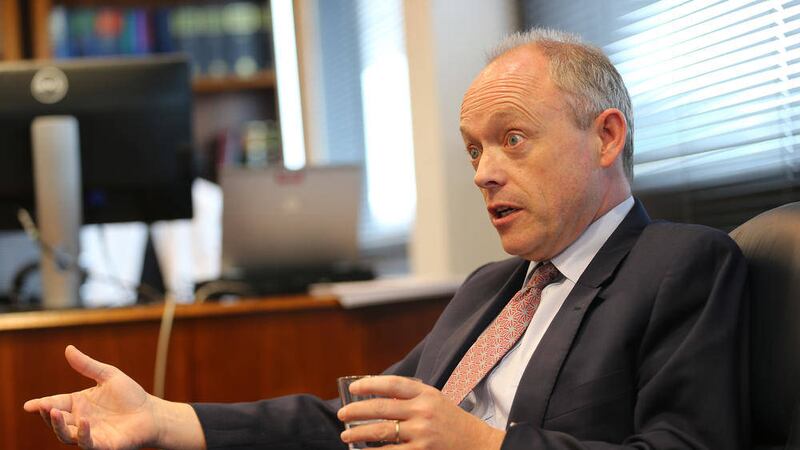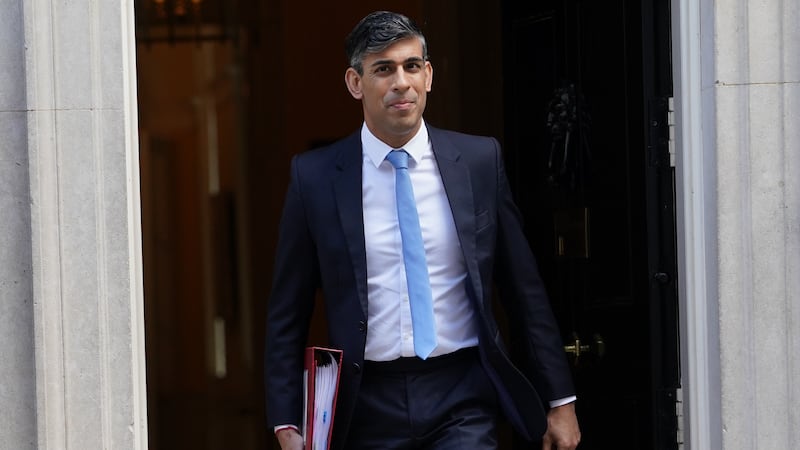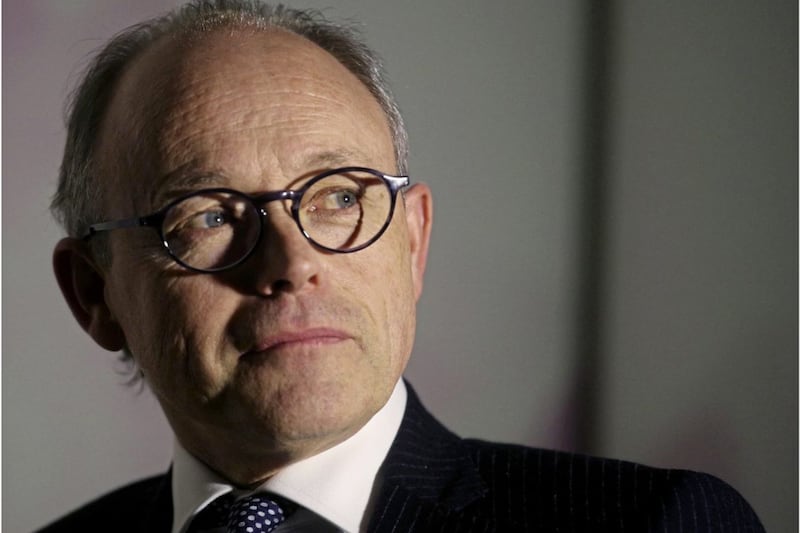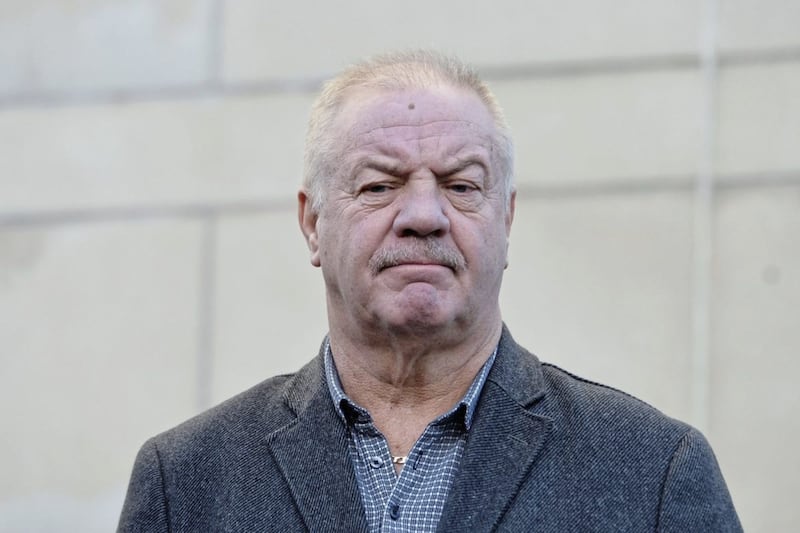So-called 'Supergrass' legislation is fit for purpose in the case of historic Troubles related crimes despite the failure to successfully prosecute in two major murder trials, Barra McGrory has said.
The Director of Public Prosecutions says the future of the Gary Haggarty case, involving a former UVF commander who has turned state evidence against his former colleagues, is still viable despite doubts about the use of the Serious and Organised Crime and Police Act (SOCPA) in paramilitary cases.
In February 2012 the trial of 13 people alleged to have been involved in the feud related murder of Tommy English ended in acquittal after the key prosecution witnesses Robert and Ian Stewart were found to have lied during their evidence. Despite this the pair still received reduced sentences and new identities in the witness protection scheme.
There was more criticism of the 'assisting offenders' system in January 2013 when Mr McGrory announced that the PPS would not be proceeding with charges against a number of suspects charged with the 2001 murder of journalist Martin O'Hagan. The witness in the case, Neil Hyde had agreed to be a prosecution witness but was found to have lied in his evidence. Despite pleading guilty to 48 charges including drug dealing, arson and firearms offences he was also given a reduced sentence and a new identity.
Haggarty faces a record 212 charges including murder and attempted murder with 10,000 pages of evidence compiled.
"With Hyde he had withheld information from us about his swearing in to the UVF and that was key to his credibility. If he was going to withhold that it tainted his whole story. So it wasn't that there was lack of corroboration but that there was a deliberate deception from him," said Mr McGrory.
"We were left then bereft of sufficient proof beyond reasonable doubt to proceed.
"But what I've always said about these assisting offenders is that each one will be evaluated on their own merits. You have to be extra careful with that evidence and after the Stewarts I analysed the judgment of Mr Justice Gillen and he felt that the evidence was lacking in sufficient weight to be able to rely on it.
"We will look at the broad range of areas where they might be challenged and challenge that ourselves before we take the prosecution", he said.
Mr McGrory said that the future of the Haggarty case - which could see the majority of the Mount Vernon UVF in the dock for a series of sectarian and feud related murders - depends on how the 42-year-old loyalist pleads to the charges he currently faces.
"We haven't made that decision yet. We will wait and see what he says about the charges we have put to him in terms of his own criminality, that has taken far longer than I would have liked but it is a massive case; 10,000 pages of evidence in terms of his own criminality and that's only a fraction of the paperwork.
"Parliament has seen fit to facilitate the use of such evidence in the full knowledge that there is competing public interest between the use of people who are self-confessed criminals, that there will be certain benefits in that (it) may be the only way to get the evidence and that outweighs the competing public interest because they will be treated more leniently.
"I think it needs to be exercised with extreme care and that is the approach I have taken with Hyde in coming to the decision not to rely upon him after an exhaustive search we did of all available intelligence.
"With Haggarty serious decisions have to be taken and I don't want to say any more about it than that," Mr McGrory added.








